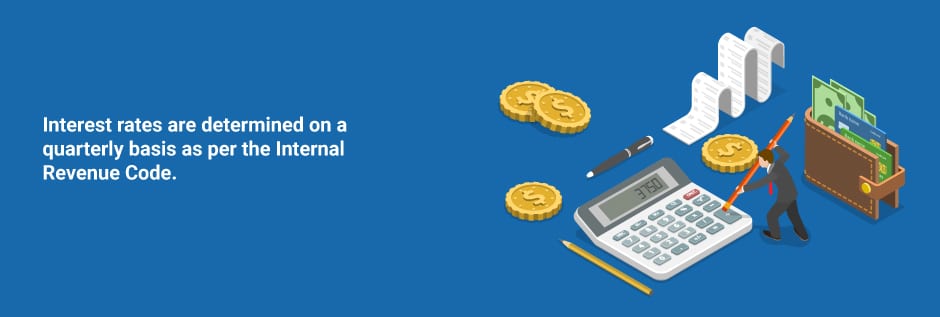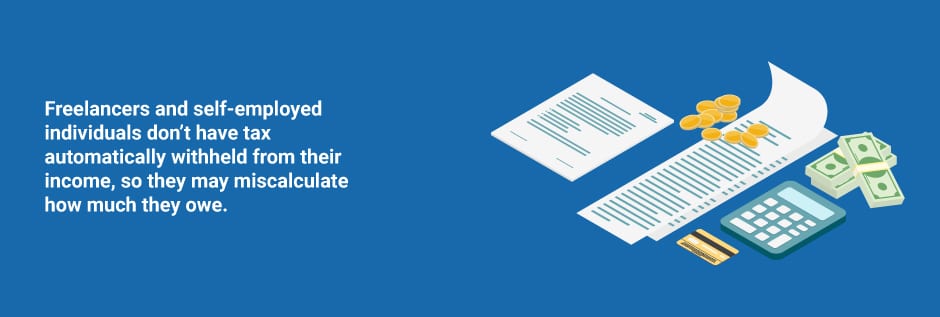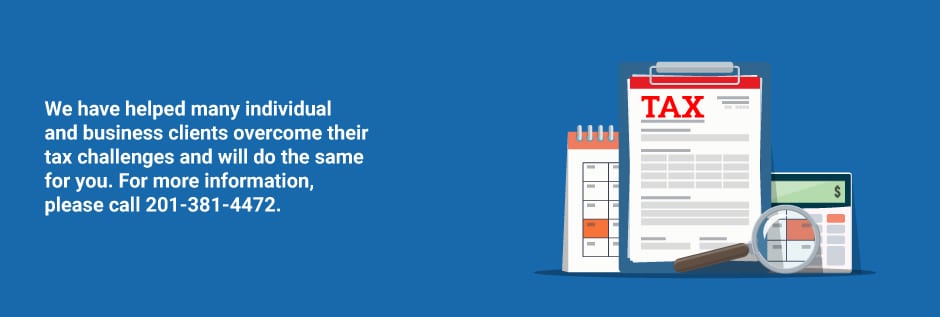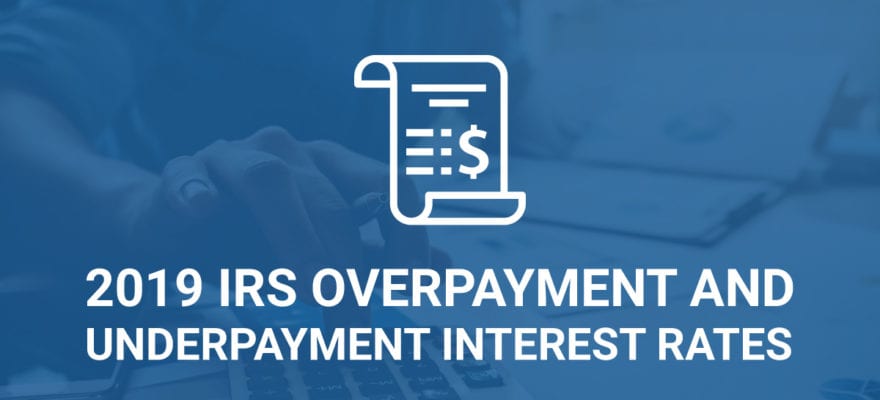On December 6, 2018, the IRS announced that both overpayment and underpayment interest rates for the quarter beginning January 1, 2019, were increasing over the previous quarter. The new rates will be:
- 6% for noncorporate taxpayer overpayments (5% for corporations)
- 6% for noncorporate underpayments (8% for large corporations)
- 3.5% for a portion of a corporate overpayment exceeding $10,000
How the Overpayment and Underpayment Interest Rates Are Determined

Interest rates are determined on a quarterly basis as per the Internal Revenue Code. In general, noncorporate taxpayers face the federal short-term rate plus three percentage points if they overpay or underpay their taxes. In this case, the short-term rate was determined during October 2018 and took effect on November 1.
For corporations, underpayment interest rates are typically the same as it is for noncorporate taxpayers and the rate for overpayment is the same rate plus two percentage points. For the portion of a corporate tax overpayment exceeding $10,000 during a taxation period, the federal short-term rate plus one-half of a percentage point applies.
Dealing with IRS Overpayments

If you pay too much to the IRS, either by incorrect estimation of your tax payments or inaccurate income tax withholding, you are credited for the overpayment and the IRS will refund the surplus to you. Most refunds are issued within 21 days, but it could take longer if:
- The return contains errors
- The return is incomplete
- You are claiming certain tax credits
- There are concerns about fraud or identity theft”
In general, if the IRS does not issue your refund within 45 days of accepting your return, it must pay you interest for each additional day. This amount, which is taxable, should automatically be attached to your refund.
IRS Underpayments
Underpayments can happen for a number of reasons. Salaried workers occasionally claim the wrong number of allowances on their W-4 or earn a lot of outcome income (e.g., through investments or side jobs) that leave them in an underpayment scenario although they filled out their W-4 correctly. Freelancers and self-employed individuals don’t have tax automatically withheld from their income, so they may miscalculate how much they owe.

Unlike sole proprietors and single-member LLCs, corporations pay their business tax separately from their owners’ personal income tax, but miscalculations or failure to pay the total amount due to financial constraints can still occur.
If you underpay your business or personal taxes, you may be able to avoid a penalty if:
- Your tax liability is less than $1,000 after estimated tax payments and withholdings are subtracted.
- You did not incur any tax liability the year before.
- You paid at least 90% of the tax due for the current year, or 100% of what was owed the previous year, whichever is smaller. (This rule works differently for those with a higher income: a New Jersey tax law attorney can advise you of how it might apply to your own situation.)
The IRS may also waive an underpayment penalty at its own discretion if you did not make an estimated tax payment due to an unusual situation such as a casualty or disaster. The other situation where the IRS may agree to waive the penalty may apply to you if:
- You retired after the age of 62 OR
- You became disabled
- You had a good reason for failing to make the payment
- You did not intentionally refuse to make the payment
If you or your company are in a situation where you cannot realistically pay the amount owed (including penalties), a New Jersey tax attorney can guide you through alternatives such as:
- An IRS payment plan that allows you to repay your tax debt over time.
- An Offer in Compromise that enables you to settle the debt for less than the full amount.

Contact a Skilled Tax Law Attorney Today
If you find yourself in a situation where you have underpaid the IRS, contact Paladini Law. Attorney Brad Paladini will review your situation and advise you on whether an Offer in Compromise, payment plan, or another arrangement can settle your tax debt in a manner that you can afford. We have helped many individual and business clients overcome their tax challenges and will do the same for you. For more information, please call 201-381-4472.



